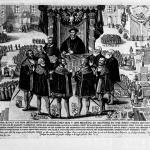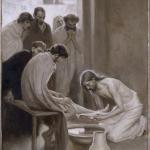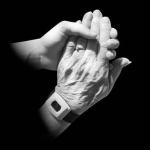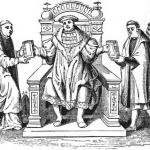When Vladimir Nabokov died he left behind him the manuscript for an unfinished novel called The Original of Laura. Prior to his death, Nabokov ordered the manuscript burned, as he did not wish to have his work published in such a raw and incomplete form. However, Dmitri, his son an heir, has never been able to follow through with this request, and the manuscript remains locked inside a Swiss safety deposit box. But he cannot put off the decision inevitably. At 73, with his own death on the horizon, he has been once again weighing the question of whether to follow his father’s wishes and burn what he has called “the most concentrated distillation of [my father’s] creativity,” or should he release the manuscript to the world? To burn or not to burn? That is the question.
Tom Stoppard, speaking from a writer’s perspective, says burn it.
Tyler Cowan, speaking from an economist’s, says don’t.
This is a question that used to really vex me. In college I refused to read the works of writers who had not wanted their works published. In terms of what I would have otherwise liked to read, this ruled out almost all of Emily Dickenson and Franz Kafka, as well as much of Wittgenstein (it would have ruled out the Aeneid as well, but as 1) I didn’t really want to read the Aeneid, but 2) had to read it for class, I made a somewhat hypocritical exception). I also made a commitment not to read any works of J.D. Salinger published after his death (Salinger was and remains alive, but while he stopped publishing his works 40 years ago, he hasn’t stopped writing). As Salinger was at the time my favorite author, this was quite a commitment. I even wrote a poem about the whole idea, which I will mercifully spare you from having to endure.
Ultimately I was convinced by a philosopher friend of mine that there was nothing ethically wrong with reading such works. I should say convinced intellectually. On an emotional level there still seems something untoward about doing so, and aside from a few Dickenson poems read suriptiously I haven’t read any of the “banned” works. If I were Dmitri Nabokov, I’m not sure what I would do.
Thoughts?
















